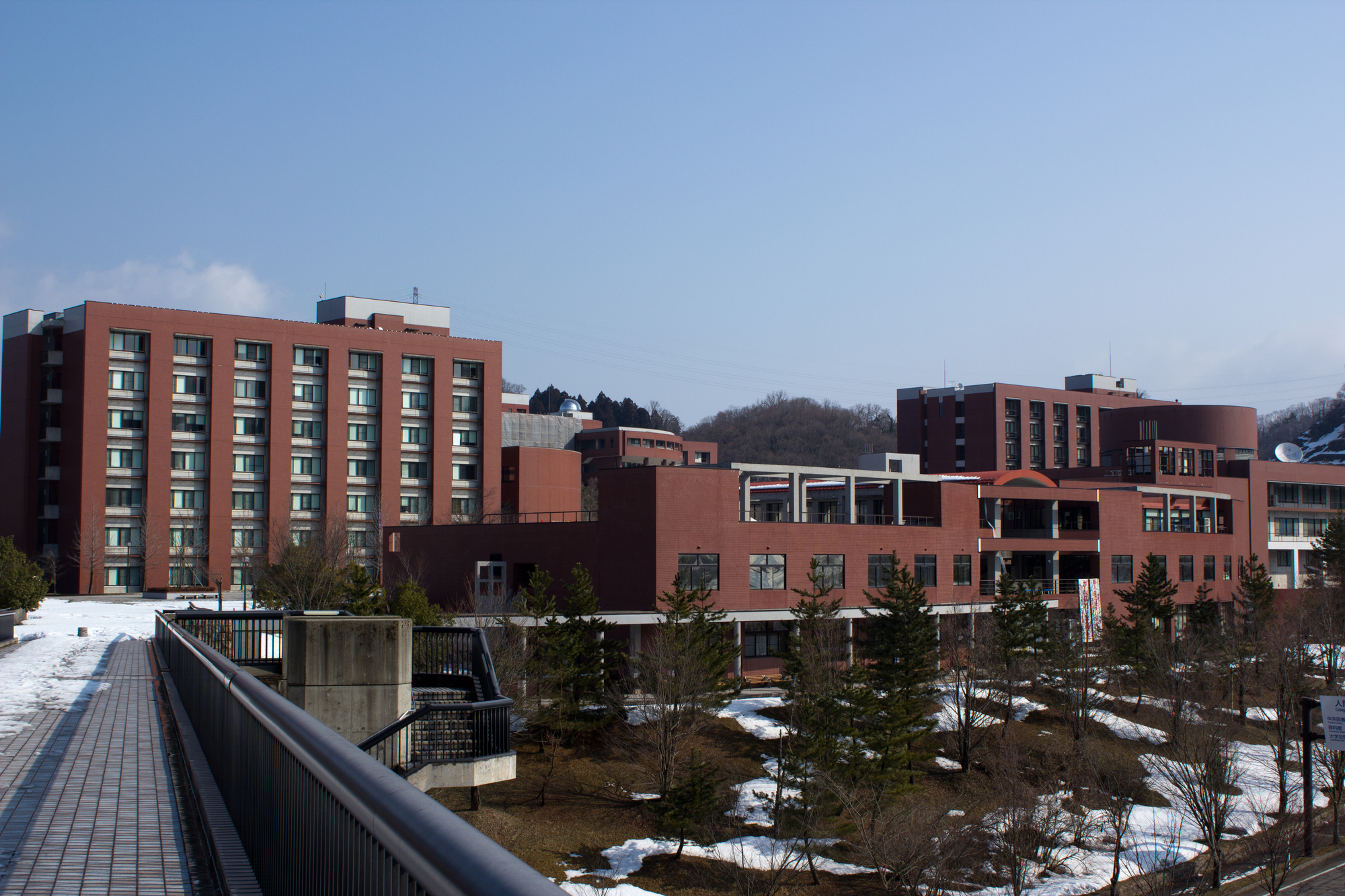A research group at Kanazawa University has succeeded in clarifying the brain mechanism by which social stress increases cocaine craving.
In drug dependence caused by drugs such as narcotics and stimulants, even if the drug is once stopped, the desire for the drug increases due to triggers such as stress and the drug is often taken again, which makes it difficult to treat addiction. .Therefore, it is desirable to elucidate the brain mechanisms that increase drug cravings due to stress and to develop therapeutic drugs and treatments based on that knowledge, but this has not yet been achieved.
As part of our research to elucidate the brain mechanisms underlying stress-induced increases in cocaine craving, our group conducted a study in which mice were subjected to social defeat (SD) stress, which mimics psychological stress in humans, and conditioned mice to measure the strength of cocaine craving. We established an experimental system that combines a place preference test.Using this, we investigated the effects of the NA transmission inhibitor silodosin on noradrenaline (NA), whose transmission is said to be enhanced by stress, and the medial prefrontal cortex (mPFC), which is said to be involved in processing drug desire information.
As a result, the SD stress load increased cocaine craving in mice, but at this time, NA transmission was increased in mPFC neurons of mice, and excitatory neurotransmission by NA was found to be promoted.They also found that silodosin suppresses stress-induced increases in cocaine craving by inhibiting NA excitatory neurotransmission in mPFC neurons.Furthermore, the effects of silodosin were confirmed not only by systemic administration and local administration within the mPFC, but also by nasal administration, which is a method of non-invasively delivering drugs into the brain.
Based on this result, it is expected that in the future, intranasal administration of silodosin may become a new drug addiction treatment that suppresses the increase in drug craving caused by stress.
Paper information:【Neuropharmacology】Social defeat stress enhances the rewarding effects of cocaine through α1A adrenoceptors in the medial prefrontal cortex of mice

